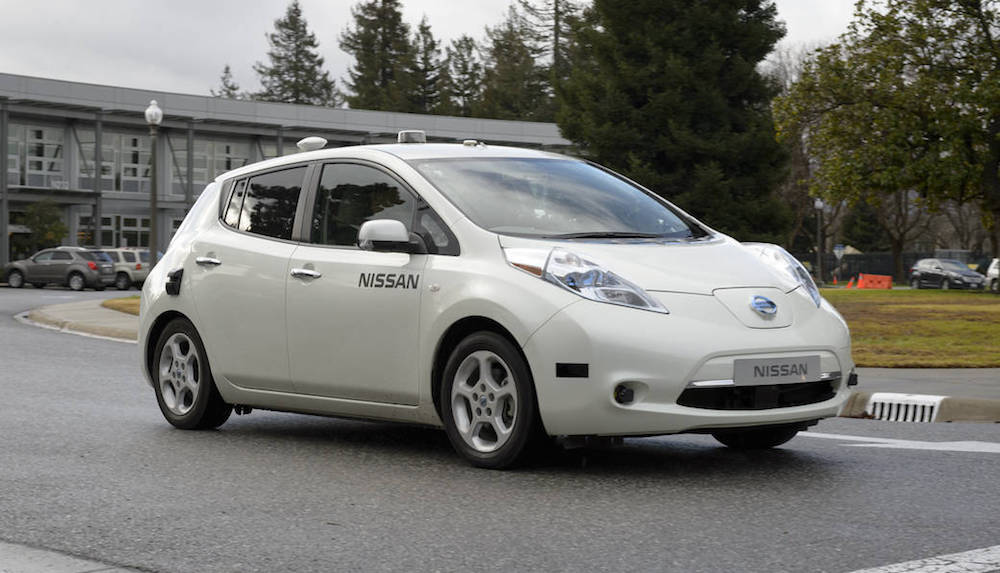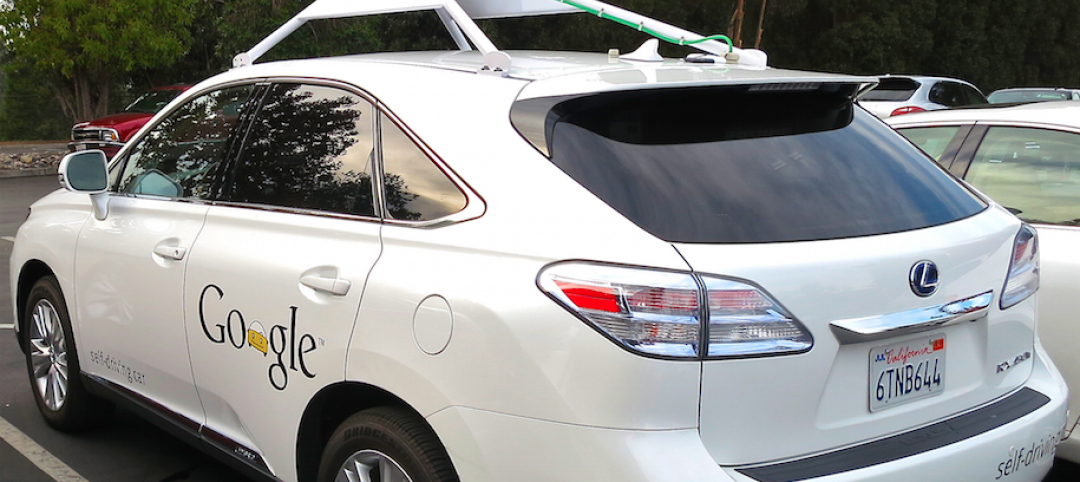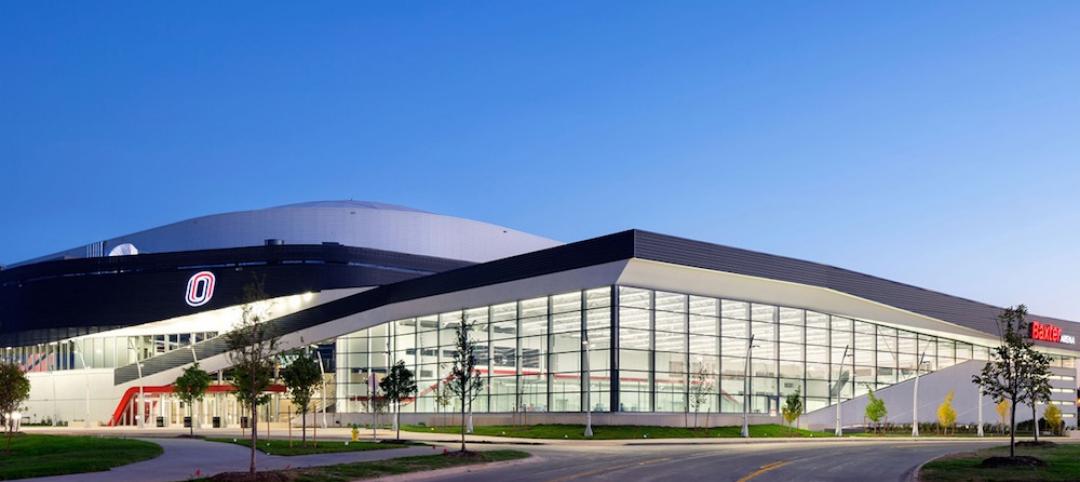Driverless cars could have an impact on the design of commercial and retail projects a lot sooner than many believe, according to a principal with a California design firm.
Autonomous vehicles are expected to enter the market within the next 10 years, and this has implications for parking standards in particular. Onsite parking could be reduced, with parking for driverless cars moved to less valuable properties nearby.
At hotels, taxi lines will be longer, requiring more robust concierge systems and lines for guests while they wait for their driverless cars. Driverless vehicles will need less room on roads and smaller parking dimensions to maneuver, so the overall size of a development could be reduced.
Driverless cars could also be used to deliver goods to consumers. That may mean that the back of retail outlets would not need to hold as much inventory, making it possible to shrink their building footprint.
Related Stories
AEC Tech | May 10, 2016
Thornton Tomasetti launches new tech company
TTWiiN initially features six products and will add more via its own incubator.
AEC Tech | May 9, 2016
Is the nation’s grand tech boom really an innovation funk?
Despite popular belief, the country is not in a great age of technological and digital innovation, at least when compared to the last great innovation era (1870-1970).
Big Data | May 5, 2016
Demand for data integration technologies for buildings is expected to soar over the next decade
A Navigant Research report takes a deeper dive to examine where demand will be strongest by region and building type.
BIM and Information Technology | May 2, 2016
How HDR used computational design tools to create Omaha's UNO Baxter Arena
Three years after writing a white paper about designing an arena for the University of Nebraska Omaha, HDR's Matt Goldsberry says it's time to cherry-pick the best problem-solving workflows.
Virtual Reality | Apr 29, 2016
NBBJ to develop virtual reality productivity platform
The Seattle design firm has partnered with Visual Vocal, a startup VR company.
Drones | Apr 25, 2016
The Tremco SkyBEAM UAV is the first to be approved by the FAA for nighttime commercial operation
The SkyBEAM UAV is used for identifying energy leaks, rooftop damage, deteriorating façades, and safety issues without requiring scaffolding or cranes.
AEC Tech | Apr 15, 2016
Should architects learn to code?
Even if learning to code does not personally interest you, the growing demand for having these capabilities in an architectural business cannot be overlooked, writes computational design expert Nathan Miller.
Building Tech | Apr 12, 2016
Should we be worried about a tech slowdown?
Is the U.S. in an innovative funk, or is this just the calm before the storm?
AEC Tech | Apr 12, 2016
Startup introduces PaperLight, an interactive projection screen for AEC pros
The device lets users edit sketches, plans, and images with a stylus or their fingers.
AEC Tech | Mar 31, 2016
Deep Learning + AI: How machines are becoming master problem solvers
Besides revolutionary changes to the world’s workforce, artificial intelligence could have a profound impact on the built environment and the AEC industry.

















